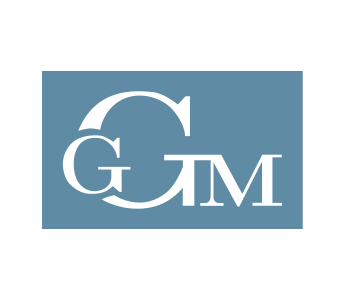Michigan’s Newly Minted “Paid Medical Leave Act”
Michigan citizens caused a statute to be adopted by an initiative petition known as the Earned Sick Time Act or 2018 PA 338. However, before it became effective Michigan’s House and Senate amended the act by adopting the Paid Medical Leave Act, which was approved by the Governor on December 13, 2018 and becomes effective on March 29, 2019.
The impetus for the original act and Paid Medical Leave Act was to expand access to earned paid medical leave so that employees did not have to elect between caring for themselves or staying at work. The Act is hoped to have a positive impact on health and economic prosperity but comes at a financial cost to private employers.
Employers who are covered by the Act must employ 50 or more individuals. For an employee to be eligible, the employee must be subject to federal income tax withholding and provide a service to the employer. Employees who are not covered include individuals who are exempt from overtime requirements by federal law, individuals who are employed by the United States government, State of Michigan, or another state, certain flight and railroad employees, persons covered by collective bargaining agreements, persons who work less than 25 weeks a year or who work less than 25 hours per week.
The law requires that an employee must accrue paid medical leave of one hour for every 35 hours worked (increased from the 30 hours set forth in PA 338). An employer is not required to to accrue more than 1 hour of paid medical leave in a calendar week nor is an employer required to accrue more than 40 hours of paid medical leave for each employee in a benefit year. An employer is not required to allow an employee to carry over more than 40 hours of unused and accrued paid medical leave from one benefit year to another. Alternatively, an employer may provide a minimum of 40 hours of paid medical leave to an employee at the beginning of a benefit year. If this alternative is elected by the employer, the employer is not required to permit an employee to carry over paid medical leave to another year.
What is considered for paid medical leave is fairly broad. The employee’s own mental or physical illness, injury or condition is covered as well as diagnosis, care and treatment. An eligible employee’s family member’s illness, injury or condition is similarly covered. Domestic violence or sexual assaults are also covered for the employee and employee’s family member. An employee’s child or family member whose school or place of care has been closed by order of public official creates a covered event.
The law requires an employee to provide documentation to the employer if requested as in keeping with the employer’s customary practices.
Paid medical leave must be used in 1-hour increments unless there is a different policy in the employee handbook. Employers are required to display a poster at the place of business with certain information about paid medical leave. Employers are subject to a $1,000 fine if it is determined that an employer violated the Act.
There are likely to be challenges to the State’s amendment of a statute adopted as a result of a citizen-initiated petition. Until then, eligible employees and employers are required to follow the new law starting March 29, 2019.
News and blog articles presented in this website are distributed for general information purposes only with the understanding that the author, publisher and distributor of articles is not rendering legal, accounting, or other professional advice or opinions on specific facts or matters and, accordingly, GGTM assumes no liability whatsoever in connection with the use of any article. Pursuant to applicable rules of professional conduct, this communication may constitute Attorney Advertising.

